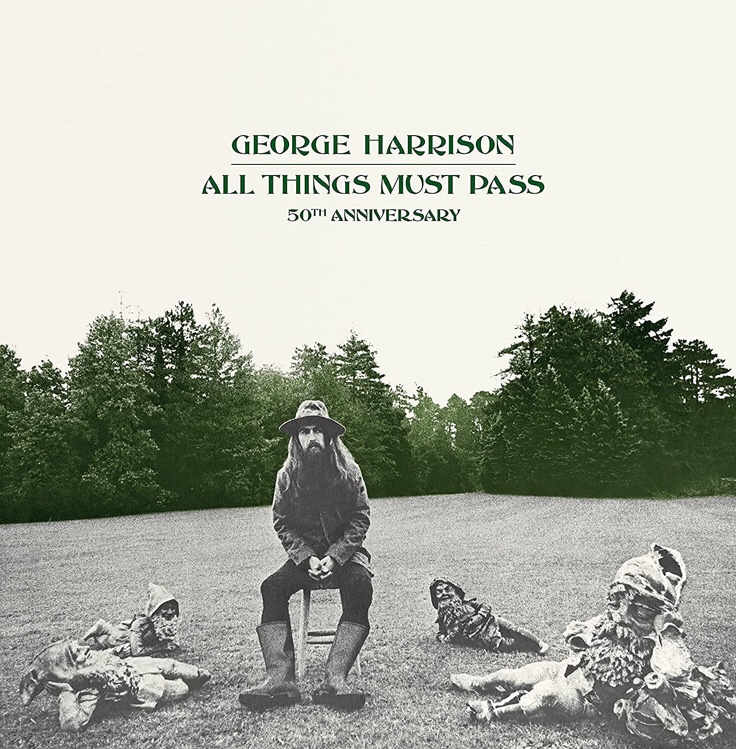

All Things Must Pass, George Harrison’s post Beatles debut, is actually his third solo album. His previous albums, Wonderwall Music (1968) and Electronic Sound (1969), are both rather obscure oddball affairs.
So, in a way, this set – originally released as a triple album! – is actually his first ‘proper’ solo album, despite its precise sequential position in Harrison’s own catalogue, and regardless of its relation to that most famed of pop groups he had formerly been part of.
As much as it might be taken to signify George’s own personal guru trip vibes – he seems to have been the most susceptible of the group to the burgeoning Eastern mystical schtick – the albums’ title is inescapably just as much or more so a reference to the ending of an era. That the demise of a pop combo could assume such self consciously Wagnerian weightiness is at the heart of issues I have with both this album, The Beatles as a whole, and post-Beatles solo doings by any of the former Fab Four.
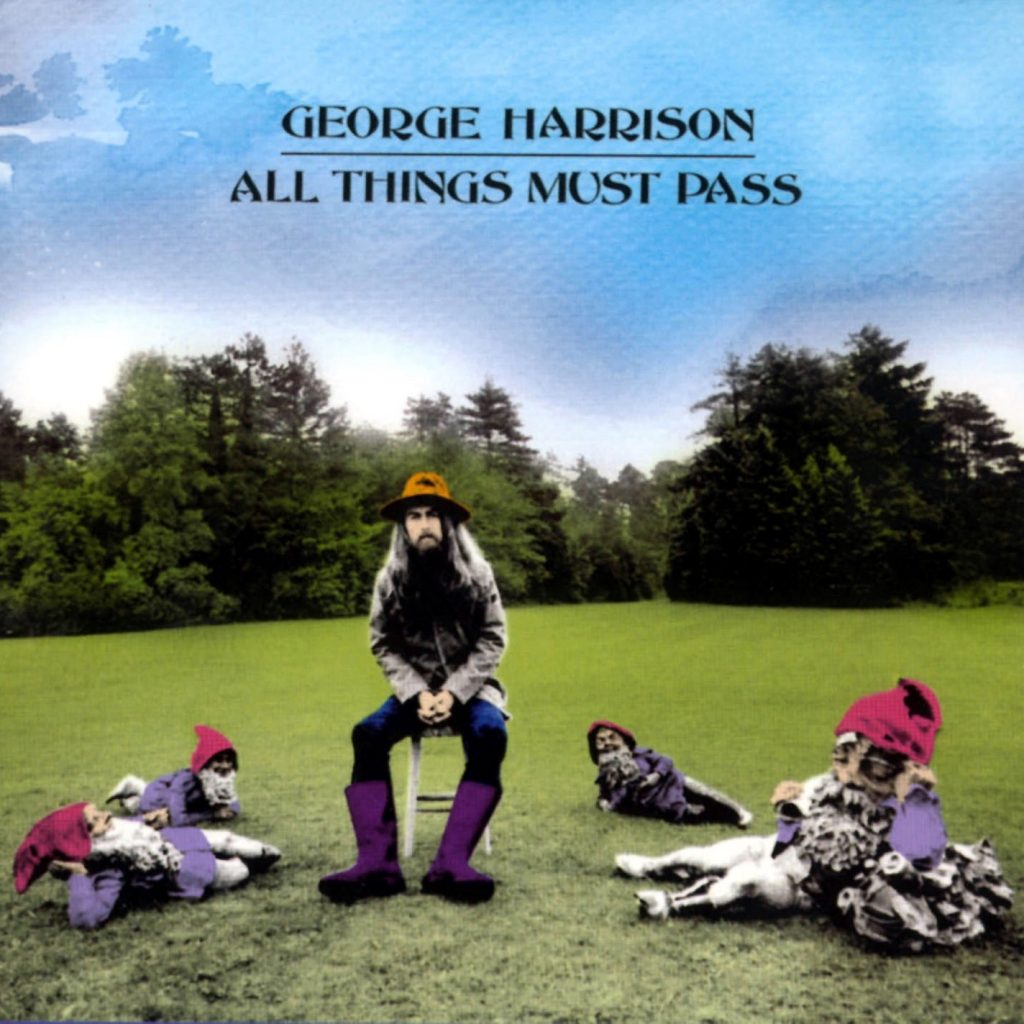
Until I bought this 60th anniversary (!!!) reissue I’d only ever heard the single My Sweet Lord. And it was so underwhelming I felt no desire to look any further, despite the hype around this album. But then I’m the kind of ornery curmudgeon who feels The Beatles, whilst mostly very good and occasionally superb, are seriously overrated. So I viewed the popular critical acclaim for this album with deep suspicion.
Anyway, enough contextualising. On to the album itself. In our times – I’m already a dinosaur for having it on CD – three vinyl discs have become two CDs. Given the enormity of the original release, at a time before double-albums were to become commonplace (and a byword for bloated rock or prog-rock self-indulgence), it’s not as hu-yowj as the format suggests it could be.
Indeed, CD 1 is just shy of 40 minutes, and disc 2 just over an hour. Did it ever really need to be a triple-album. Is the fact it was put out in that form emblematic of a need to ‘flatter a groaning self of sense importance’? * Not, I hasten to add, on Harrison’s own part, necessarily. But on his behalf, most of all by the dreaded biz.
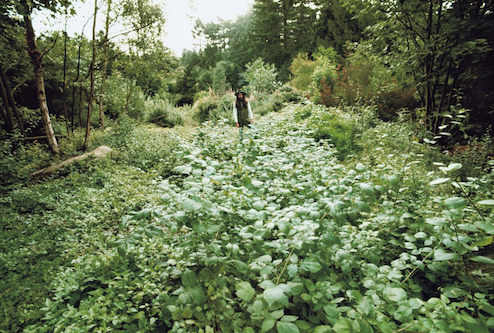
But what is enormous – as well as former Beatles’ egos and their properties – thanks to producer Phil Spector’s patent ‘wall of sound’ production aesthetic, is the sound. I’m not quite sure what I make of this aspect of the recordings. If the music were suitably monumental, then this sonic aesthetic could be very effective.
But with music that’s actually quite modest, the woolly-ness of the sound is in danger of just sounding rather self-consciously portentous. The mood of much of the music here might’ve benefitted more from the openness and clarity George Martin is famed for, a style whose legacy lives on in much contemporary music (the sound of Beck’s Sea Change album springs to my mind, for some reason).
All Things Must Pass, the title track, is easily one of the best numbers on the album. But it’s hardly an earth-shattering song, it’s just merely good. Sadly, to my mind, the long-shadow of Beatle-mania, casts its doleful spell over things. Desperate for something post-Beatles to worship, this is perhaps one of the easiest projects those besotted with their Liverpudlian heroes can shift or project their affections on to.
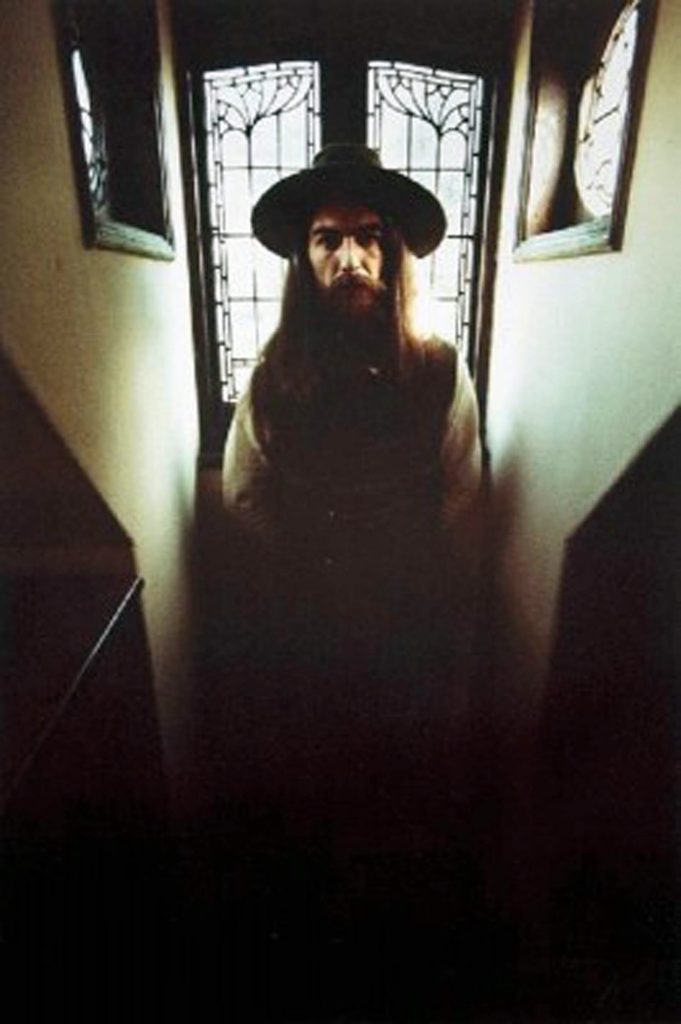
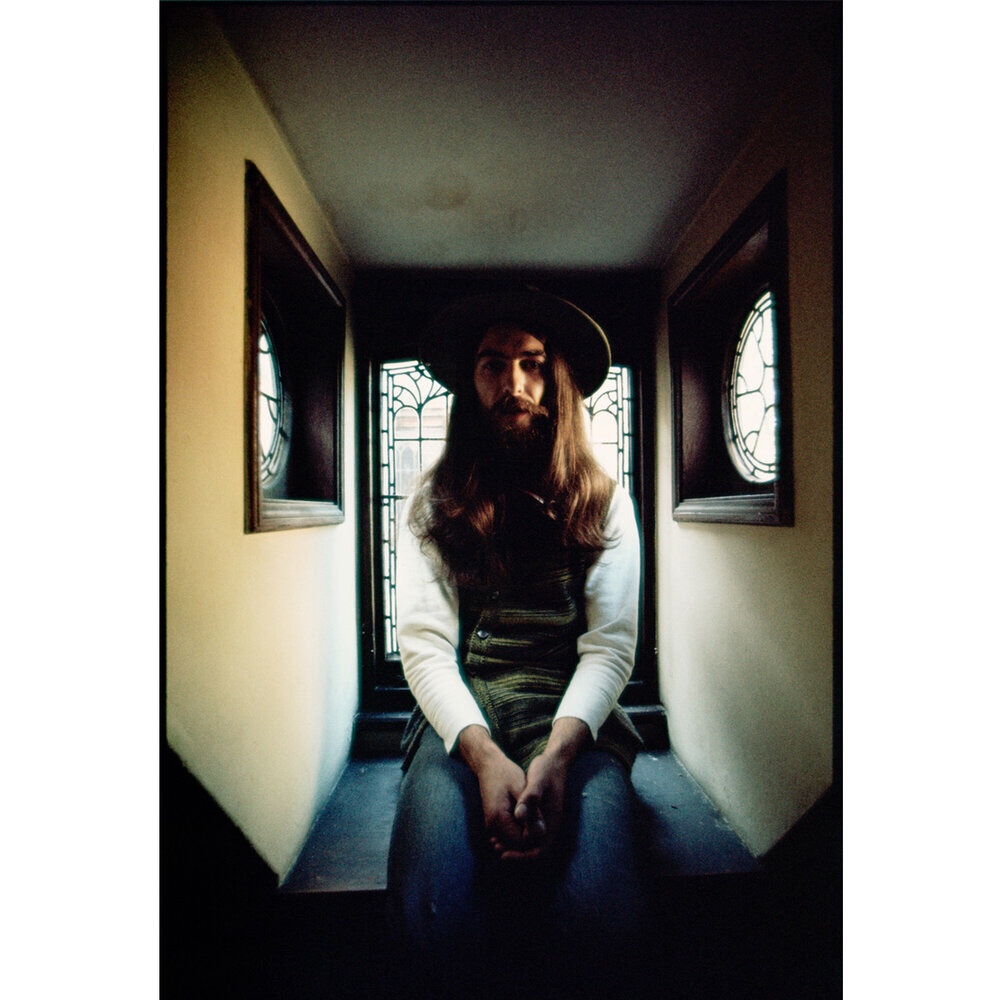
Had this been the sole release of an unknown, I think it would barely have registered a ripple of interest or notice anywhere in the music world. It only manages to bluff it’s way on to ‘top 100 albums of all time’ type lists because it’s by a former fab-four fella.
For example, I Dig Love, from almost anyone but a former Beatle would be, in all honesty, pretty laughable, perhaps even risibly or contemptibly so. But the near religious awe accorded The Beatles elevates passé hipster patter to neo-mystical profundity.
Ironically I’m a sucker for such retro argot. And I, um… dig it. But not so blindly as to mistake fairly mundane incarnations of it for sublimity. Am I being hypocritical, when I find the phunky filosophising of James Brown far more compelling?
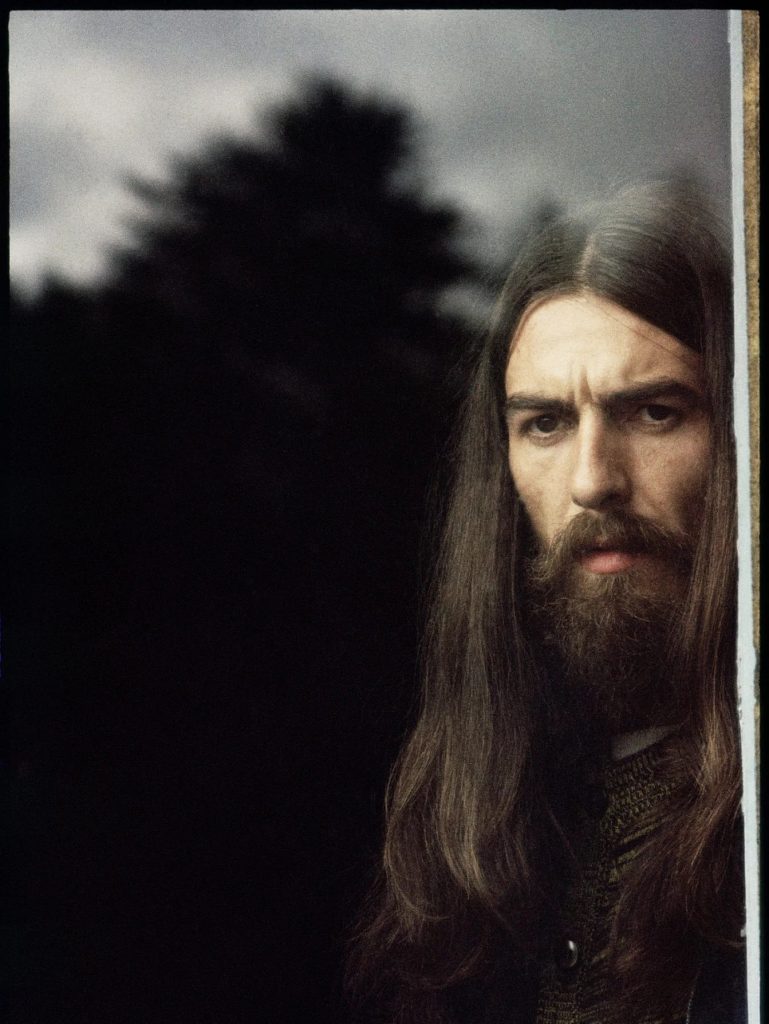
By the time we reach Isn’t It A Pity (version two) – one of a couple of extra tracks on this anniversary reissue – I feel that, as mundanely pleasant as it is, I’d need to be buried under a wall of opium smoke to mistake the reverb-drenched sonic palette for genuine grandeur.
When I wound up shelling out excessive amounts of coin for a number of Marcos Valle’s albums of the early 1970s, many moons ago, I didn’t feel robbed. But this – costing about around about £16-17 when I bought it a day or two back – is, like it’s production aesthetic, and the regard in which both it and The Beatles are held, irritatingly over-inflated.
It’s ok. It might even be pretty good. But it’s far from sublime, or essential. It’s merely decent reasonably run of the mill 60s-70s pop. So I do feel rather cheated, disappointed, and overcharged. I suppose it might be so popular in part for being an example of how run of the mill music can achieve super-stardom status.
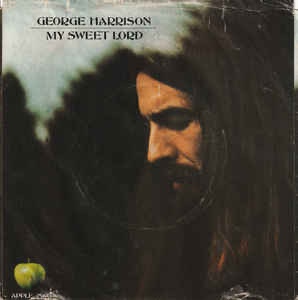
One of my favourite tracks at present is opener I’d Have You Any Time, a song co-written with Bob Dylan, that has a very slight tinge of jazziness in some of the chords. Maybe with further listening ATMP will grow on me? But for now? It’s alright. No great shakes.
And indeed, listening to it again the following day, it is growing on me. Particularly the first little clutch of tracks. Given my history with My Sweet Lord – I’ve had it as a vinyl 7” single for donkeys years – as mentioned above, it says something about the overall quality of this album that this song, very Harrison-esque without being as strong as Here Comes The Sun, or While My Guitar Gently Weeps, etc, is perhaps the strongest number on offer here.
Whilst I am digging this album much more on day two, partially because of the fact that my car stereo is better (!!!) than the mini-CD-player I first listened to tree tree EU V this on, even this improvement in audio quality doesn’t make the last four or so turgid bluesy jams ant more appealing.
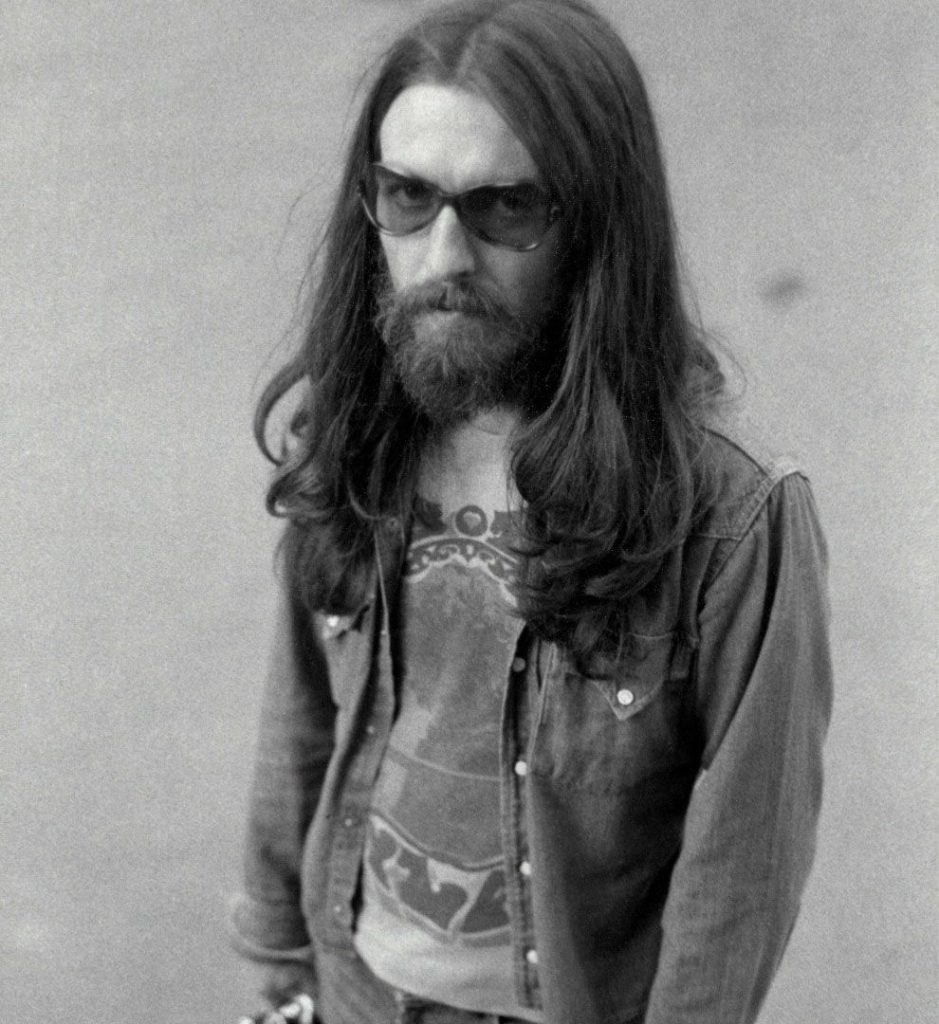
These last few tracks are a bit like some of the out take extras on certain Eric Clapton records from the early/mid seventies. Not such a surprise when one realises that it was at the sessions for ATMP that the Derek And The Dominos band coalesced. But where Clapton and co. manage to milk something with character and personality from such familiar territory, here it’s less inspired.
All told? A disappointing album that doesn’t live up to the hype. Merely ok. Certainly not great. I like the more downbeat slightly melancholy stuff best. It’s a register Harrison seems best suited to. Stuff like Wah Wah and I Dig Love has period charm. But also does sound both dated and naive.
I suppose ATMO is worth checking out but it’s a long long way of being essential listening, in my view.
* This is a rather lovely – and, importantly, accurate quote from A. Partridge, From The Oast House. Look it up online and the delish spooneristic switcheroo is undone. Riddle me that, nutters!
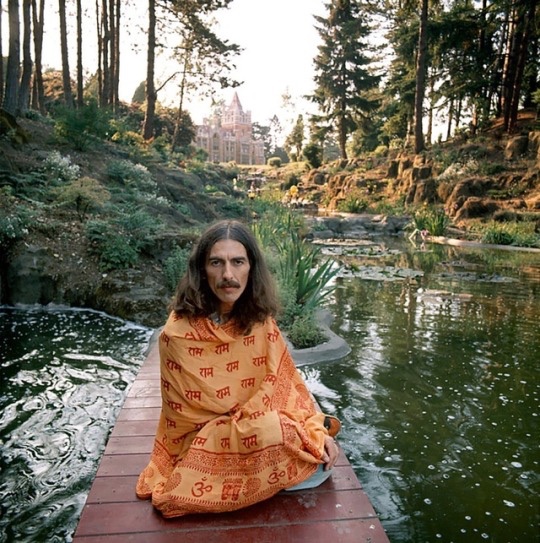
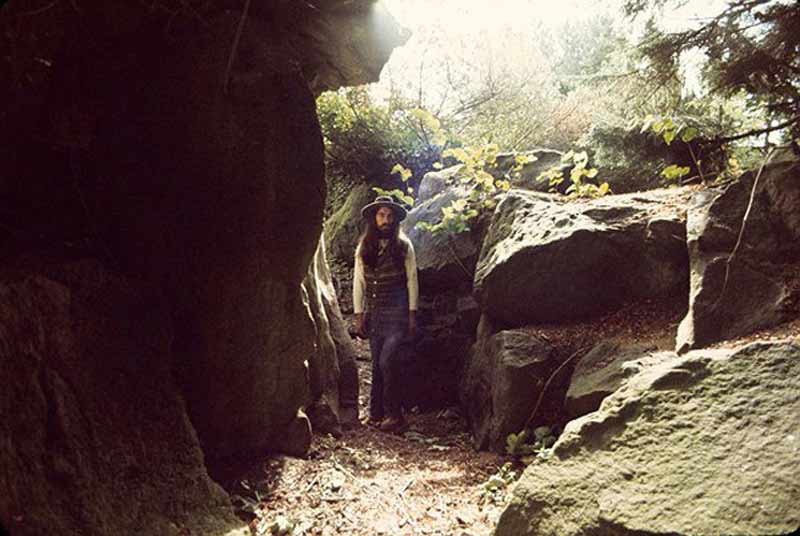
PS – Some might think it churlish of me, but one of my favourite things about this album is it’s period visual aesthetics. The cover is excellent. The inner gatefold image of this reissue, a triple album style picture of George dwarfed by the leafy greenery of his mansion gardens, is sublime Harrison had taken that hipster hippy-Jesu look to a level of near perfection at this time. It’s just a pity that, unlike Brazilian maestro Marcos Valle, the music doesn’t match the genius of the look.
There’s something almost hideously gauche about pop stars attaining supposed enlightenment or nirvana when the hideous beasts of mammon and the music biz have elevated them, via ultra-capitalism and the cult of celebrity, to levels of wealth that facilitate footballer style acquisition of palatial homes.
It’s more obscene than enlightened that folk such as Harrison can gain a privileged access to such dwellings as Friar Park, whilst 99.9% of humanity are condemned to live and die as drones packed into the cellular hovels our society deems fit accommodation for the hoi polloi.
